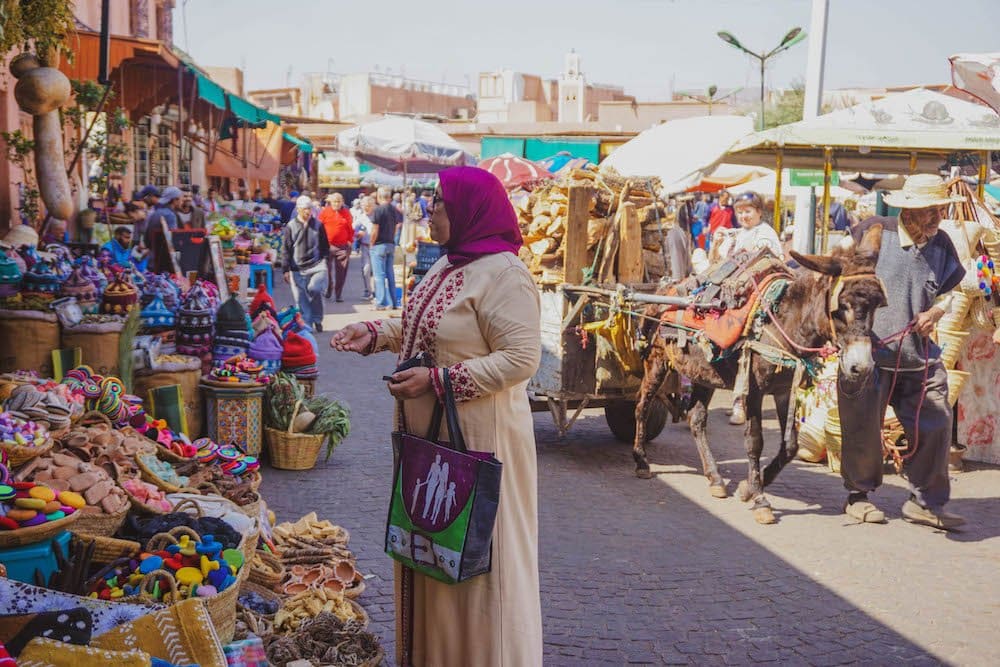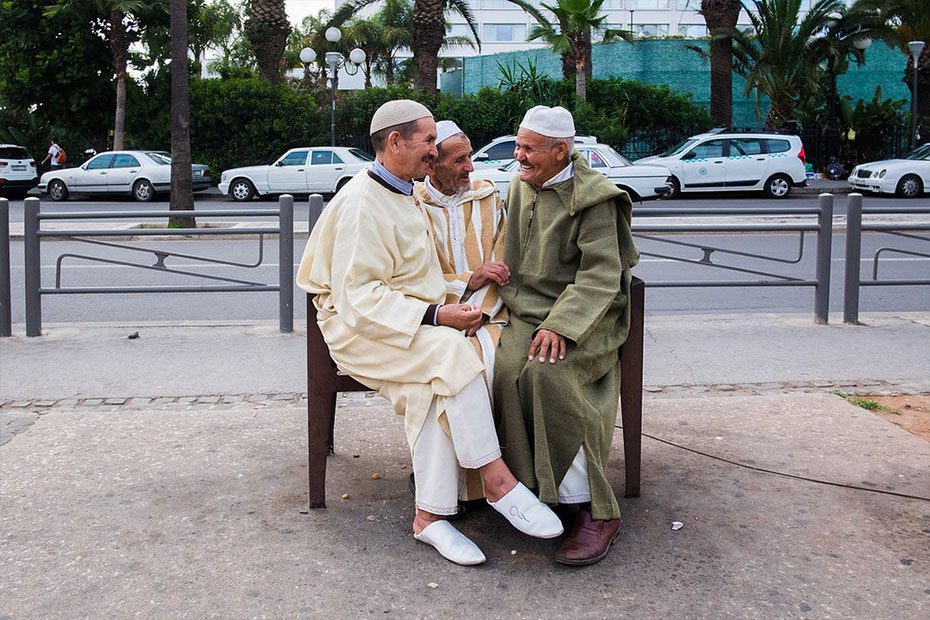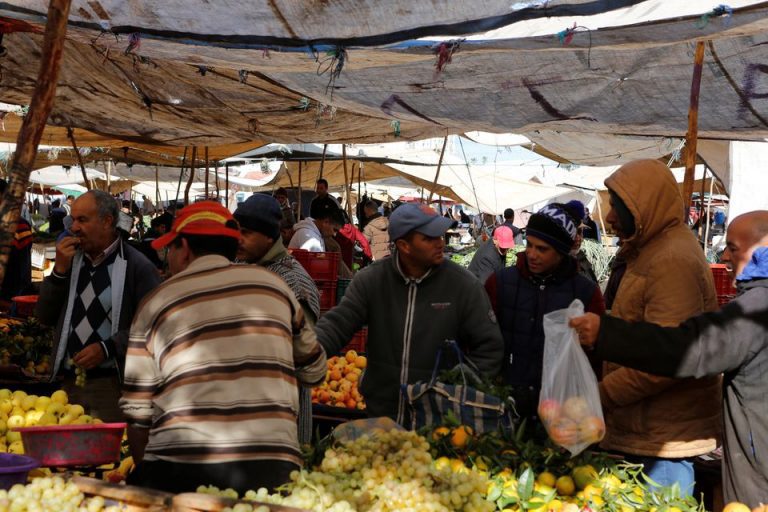Ever wondered what language do they speak in Morocco? Well, buckle up because we’re diving deep into the linguistic world of this North African gem. Morocco is more than just stunning landscapes and rich history; it's a melting pot of languages that reflect its diverse cultural heritage. From Arabic to Berber and French, the linguistic scene in Morocco is as vibrant as its markets and as colorful as its landscapes. Stick around, because this journey is going to be a wild ride!
Morocco has always been a crossroads of civilizations, where African, Arab, European, and Mediterranean influences blend seamlessly. This diversity is most evident in the languages spoken across the country. Understanding what language they speak in Morocco not only gives you a glimpse into its cultural richness but also helps you navigate the country if you ever decide to visit. Whether you're planning a trip or just curious about the linguistic landscape, this article has got you covered.
Language is more than just a means of communication in Morocco; it’s a reflection of identity, history, and tradition. So, whether you're brushing up on your linguistic knowledge or preparing for an adventure in the Atlas Mountains, knowing what language do they speak in Morocco will enrich your experience. Let's dive in and unravel the fascinating tapestry of languages spoken in this enchanting land.
Read also:Sheena Melwani Husband Unveiling The Love Story Behind The Spotlight
Table of Contents
- Introduction to Moroccan Languages
- Official Languages of Morocco
- Common Dialects in Morocco
- The Role of French in Moroccan Society
- Spanish Influence in Northern Morocco
- The Growing Importance of English
- The Rich Heritage of Berber Languages
- Language Education in Morocco
- Language Tips for Travelers
- Future Trends in Moroccan Languages
Introduction to Moroccan Languages
When it comes to answering the question "what language do they speak in Morocco," the answer isn’t as straightforward as you might think. Morocco boasts a linguistic diversity that mirrors its cultural richness. The country has two official languages, but the reality on the ground is much more complex. You'll hear a mix of Arabic, Berber, French, and even Spanish, depending on where you go. This linguistic blend is a direct result of Morocco's historical interactions with various civilizations over centuries.
Arabic and Berber are the official languages, but French plays a significant role in education, business, and government. If you're visiting Morocco, it's helpful to know a few phrases in these languages. While Arabic might seem intimidating, Berber languages have their own unique charm, and French can be a lifesaver in urban areas. Understanding the language dynamics can enhance your experience, whether you're exploring the bustling souks of Marrakech or the serene villages of the Rif Mountains.
Why Language Matters in Morocco
Language in Morocco isn’t just about communication; it's a key to unlocking the country’s cultural treasures. Each language spoken in Morocco tells a story of its own. Arabic, for instance, connects Morocco to the broader Arab world, while Berber languages preserve the ancient traditions of the indigenous Amazigh people. French, on the other hand, is a legacy of colonial times that continues to shape modern Morocco. Knowing what language do they speak in Morocco allows you to engage with locals on a deeper level, fostering mutual respect and understanding.
Official Languages of Morocco
Morocco officially recognizes two languages: Modern Standard Arabic (MSA) and Tamazight, a major Berber language. These languages hold a special place in the country's constitution and are used in official documents, government communications, and education. However, the reality on the ground is quite different, as most Moroccans speak a dialect of Arabic known as Darija in everyday life.
Modern Standard Arabic (MSA)
MSA is the formal version of Arabic used in writing, media, and formal settings. It's the language of the Quran and serves as a unifying force across the Arab world. However, in daily conversations, Moroccans use Darija, which is quite distinct from MSA. Think of it like the difference between Shakespearean English and modern-day slang. While MSA is important for formal contexts, Darija is the language of the streets, markets, and casual interactions.
Read also:Bulova Corporate Center The Heartbeat Of Precision And Innovation
Tamazight (Berber Language)
Tamazight, one of the Berber languages, was officially recognized in 2011 as part of efforts to preserve the Amazigh culture. It's spoken by millions of Moroccans, particularly in rural areas. Tamazight has several dialects, each with its own unique characteristics. While it may not be as widely spoken as Arabic, its official status reflects the country's commitment to linguistic diversity and cultural preservation.
Common Dialects in Morocco
Beyond the official languages, Morocco is home to a variety of dialects that reflect its regional diversity. The most commonly spoken dialect is Darija, which is a colloquial form of Arabic. Darija varies from region to region, with noticeable differences in vocabulary, pronunciation, and grammar. For instance, the Darija spoken in Casablanca might differ from that spoken in Fez or Tangier.
Key Features of Darija
- Rich vocabulary influenced by Berber, French, and Spanish
- Unique pronunciation that can be challenging for Arabic speakers from other countries
- Flexible grammar rules that make it more conversational than MSA
Other notable dialects include Tashelhit, spoken in the southern and southwestern regions, and Tarifit, common in the northern Rif Mountains. These dialects are part of the Berber language family and play a crucial role in preserving the cultural identity of their respective communities.
The Role of French in Moroccan Society
French holds a special place in Moroccan society, serving as a bridge between the past and the present. It was introduced during the French Protectorate period (1912-1956) and has since become an integral part of the country's linguistic landscape. French is widely used in education, business, and government, making it essential for anyone looking to succeed in these fields.
French in Education
French is a compulsory subject in Moroccan schools, and many subjects, especially in higher education, are taught in French. This has created a bilingual generation that can navigate both Arabic and French with ease. However, the dominance of French in education has sparked debates about its impact on the preservation of Arabic and Berber languages.
French in Business and Government
In the business world, French is often the preferred language for communication, especially with international partners. Many official documents and contracts are written in French, making it a practical choice for professionals. Similarly, in government offices, French is frequently used alongside Arabic, reflecting the country's bilingual nature.
Spanish Influence in Northern Morocco
While French dominates much of Morocco, Spanish has a significant presence in the northern regions, particularly in cities like Tangier and Tetouan. This influence dates back to the Spanish Protectorate period (1912-1956), during which Spain controlled parts of northern Morocco. Today, Spanish is still spoken by many locals in these areas, especially among older generations.
Spanish in Everyday Life
In northern Morocco, you'll often hear Spanish mixed with Arabic and Berber in casual conversations. This linguistic blend adds to the region's unique character and reflects its historical ties with Spain. If you're traveling to cities like Ceuta or Melilla, knowing a few Spanish phrases can come in handy, as these territories are officially part of Spain but geographically located in Morocco.
The Growing Importance of English
English is gradually gaining ground in Morocco, especially among younger generations. As the country becomes more connected to the global economy, English is seen as a valuable skill for career advancement and international communication. While it may not yet rival French in terms of usage, its importance is growing steadily.
English in Tourism
In tourist hotspots like Marrakech, Agadir, and Essaouira, English is widely spoken by locals who work in the hospitality industry. This makes it easier for international visitors to communicate with locals and enjoy their stay. Learning a few basic English phrases can be beneficial if you're planning to visit these areas.
The Rich Heritage of Berber Languages
Berber languages, also known as Amazigh languages, are an integral part of Morocco's cultural heritage. They are spoken by millions of Moroccans, particularly in rural areas, and play a vital role in preserving the country's indigenous traditions. The most widely spoken Berber languages in Morocco are Tamazight, Tashelhit, and Tarifit.
Efforts to Preserve Berber Languages
In recent years, there have been significant efforts to promote and preserve Berber languages. These include introducing Berber language classes in schools, broadcasting TV programs in Berber, and publishing books and newspapers in these languages. These initiatives aim to ensure that the rich heritage of Berber languages is passed down to future generations.
Language Education in Morocco
Language education in Morocco is a complex issue, with multiple languages competing for attention in the classroom. While Arabic and French are the main focus, there is growing recognition of the importance of teaching Berber languages and English. The education system faces challenges in balancing these languages while ensuring students are proficient in all of them.
Challenges in Language Education
- Limited resources for teaching Berber languages
- Pressure to prioritize French over other languages
- Need for qualified teachers who can teach in multiple languages
Despite these challenges, the Moroccan government continues to invest in language education, recognizing its importance for the country's development and cultural preservation.
Language Tips for Travelers
If you're planning a trip to Morocco, learning a few key phrases in Arabic, Berber, or French can greatly enhance your experience. While English is spoken in tourist areas, knowing some local phrases can help you connect with locals and navigate unfamiliar situations. Here are a few tips to get you started:
Basic Arabic Phrases
- Salam Alaikum – Hello
- Shukran – Thank you
- La – No
Basic French Phrases
- Bonjour – Hello
- Merci – Thank you
- Oui – Yes
Future Trends in Moroccan Languages
As Morocco continues to evolve, so too will its linguistic landscape. The growing importance of English, the ongoing efforts to preserve Berber languages, and the enduring influence of French will shape the future of language use in the country. While Arabic will remain the dominant language, the role of other languages is likely to expand, reflecting Morocco's increasing global engagement.
Predictions for the Future
- Increased emphasis on English in education and business
- Greater recognition of Berber languages in official contexts
- Persistent use of French in formal settings
Conclusion
So, what language do they speak in Morocco? The answer is a delightful mix of Arabic, Berber, French, and even Spanish and English. Each language plays a unique role in shaping the country's identity and culture. Whether you're a traveler, a student, or simply a curious mind, understanding the linguistic dynamics of Morocco can enrich your experience and deepen your appreciation for this fascinating country.
We encourage you to share your thoughts in the comments below or explore more articles on our site. Language is a powerful tool, and learning about it can open doors to new adventures and opportunities. So, why not start your journey today?


